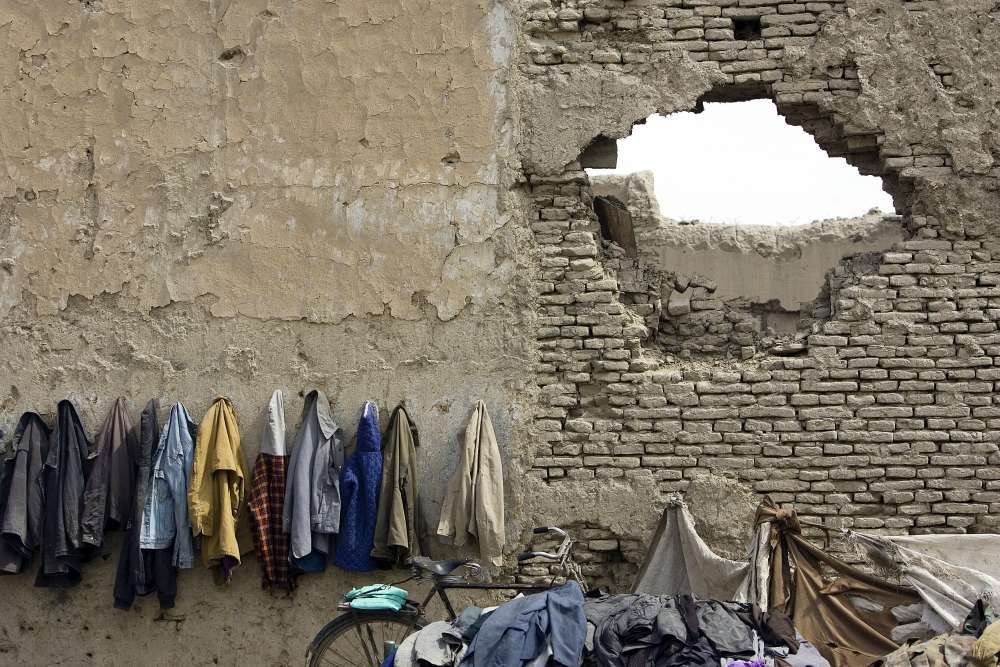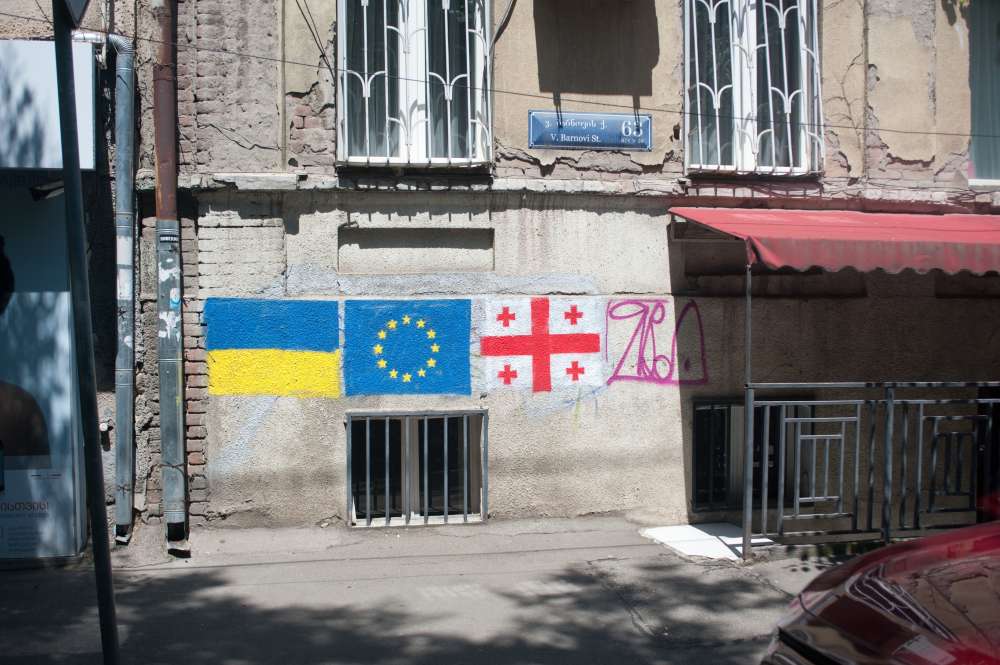Set Political Prisoners Free

Political imprisonment remains an entrenched practice in a diverse range of authoritarian countries. Political prisoners are detained for calling attention to political shortcomings, asking for reform or participation rights and demanding individual freedoms – in other words, exercising fundamental human rights such as freedom of opinion, freedom of assembly and freedom of religion. Many of them – journalists, lawyers, human rights activists – served as role models in their social environment. Their imprisonment fuels a climate of fear and undermines political mobilization in support of human rights compliance.
Authoritarian states use political imprisonment as a means of securing power. Political imprisonment occasionally occurs in democratic countries as well, but democracies have domestic corrective mechanisms. In authoritarian countries, however, political imprisonment is inherent to the political system. Therefore, German foreign policy on human rights cannot limit itself to public or private criticism of violations and to long-term capacity development. It needs to address the challenges posed by specific cases of political imprisonment.
How can and should this challenge be addressed? This policy brief summarizes a consultation on the issue by German experts, including representatives from academia, non-governmental organizations, the German Federal Foreign Office, the Federal Chancellery and the German parliament. Together, they analyzed Germany’s role in freeing political prisoners and examined the achievements, mechanisms, potentials and limitations of individual case work. Political change must always be driven largely from within, but if foreign policymakers shy away from supporting human rights defenders, they reinforce existing power relations in authoritarian states.
According to the consultation, preconditions for successful individual case work are a shared definition of political imprisonment and an understanding of its root causes. As a member of the Council of Europe, Germany should apply the definition passed by the council’s Parliamentary Assembly in 2012. Secondly, German actors need a solid understanding of the authoritarian system in question and its power structures. Political prisoners are not only victims of but also experts on the repressive system. Therefore, former political prisoners and other individuals at risk are important interlocutors for German foreign policymakers.
Next, the policy brief identifies the goals of, and the tensions that emerge from, support for political prisoners. The three main goals of individual case work are improving the individual prisoner’s situation, changing the public image of a country and engendering lasting improvements in the country’s human rights situation.
Diplomatic and advocacy efforts on behalf of individual cases are time- and resource-intensive, which is why they can benefit only a limited number of people. Selection and prioritization are complex undertakings and thus far do not follow any transparent criteria. If political transformation is the goal, then external efforts should focus on influential change agents. However, such an approach does not align with the principle of equality between victims of human rights violations. For very practical reasons, internationally connected journalists, bloggers and lawyers who live in cities have a higher chance of receiving international support than do political prisoners in remote regions.
Political prisoner advocacy may also have unintended consequences. If individual prisoners are ascribed a VIP status, neglect for other prisoners may result, thereby facilitating a regime’s effort to manage external pressure and to keep it focused on a limited number of individual cases. In the experience of the experts consulted, international attention indeed increases protection against harsh prison conditions. However, the risk that international politicization poses for prisoners, their relatives, their lawyers and the local human-rights movement should not be ignored. Therefore, political prisoner advocacy should always ensure the informed consent of the persons concerned. In the last decade, some non-governmental organizations have developed detailed consent policies; other NGOs and state representatives can and should build on this best practice.
An exclusive focus on individual prisoners makes it near impossible to achieve lasting human rights improvement in authoritarian states. It is time to reconsider the predominant focus on victims and devise new strategies that aim at making perpetrators accountable, thereby influencing the interest calculations of authoritarian rulers and decision-makers in a repressive security apparatus and legal system.
The main section of the policy brief explicates how Germany can improve its work on behalf of political prisoners and presents concrete recommendations, addressed to the German parliament, the German government – in particular the foreign office – and civil society.
…
The full policy paper (in German) is available for download.







